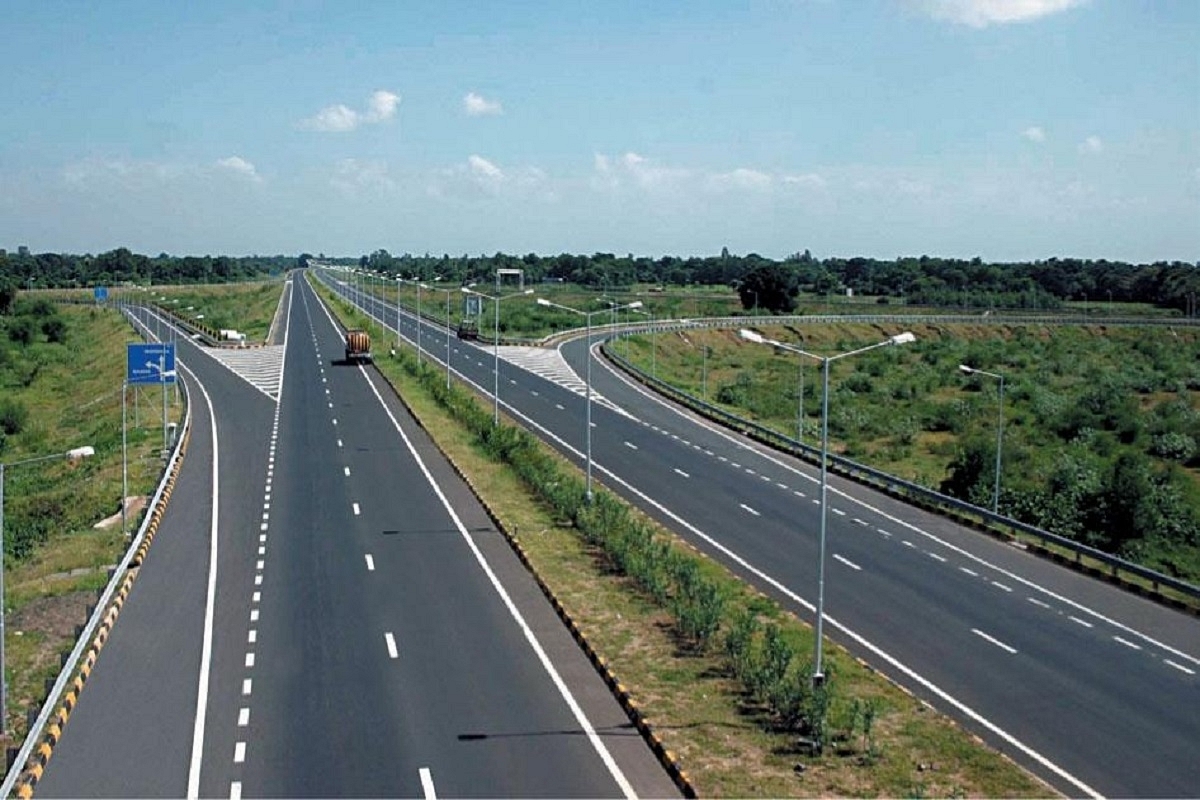Infrastructure
NITI Aayog Initiates 'Evaluation Study' Of NHAI's Financial Viability And Risk Mitigation Strategies
- The NITI Aayog will conduct an ‘institutional evaluation’ of NHAI to mitigate financial risks.

A national highway. (Representative Image) (NHAI).
The National Highway Authority of India (NHAI) has seen its debt rise to over Rs 3 lakh crore, which has resulted in an increased dependence on government budgetary support.
To address this issue, the NITI Aayog has decided to conduct an ‘institutional evaluation’ of the highway construction body.
The Development Monitoring and Evaluation Office (DMEO) of the government think tank has issued a tender for a technical consultant to conduct an evaluation study of NHAI's road projects and operations.
The DMEO report highlighted that "there is a need to better understand the performance of NHAI and evaluate its existing practices and finances in order to provide inputs in improving its functioning," as per Times of India report.
The consultant will undertake the study to assess the performance of NHAI on various parameters including — its viability, under which it will assess the streams of revenue and capital of NHAI and the trends over the last five years focusing on its ability to service debt and its growing "dependence" on "equity infusion" from the government, reports ET.
The evaluation will analyse the organisation's "financial viability" in terms of its ability to fulfill both short and long-term obligations, efficiently raise funds, possess diversified revenue sources, implement strategies to mitigate financial risks, and establish effective processes for planning and forecasting.
The evaluation of NHAI will be conducted using the capacity, motivation, and external environment (CME) — relevance, effectiveness, efficiency, financial viability, and sustainability (REEFS) framework.
The assessment will additionally analyse NHAI's asset monetisation strategy, including the proportion of revenue generated through asset monetisation, the approach to developing road stretches, factors contributing to successful and unsuccessful bundles, and an evaluation of InvITS (Infrastructure Investment Trusts).
The debt of NHAI has increased significantly from Rs 23,797 crore in March 2014 to Rs 3.48 lakh crore in March 2022, as per reports.
Additionally, NHAI's spending in FY22 was met partly by the government's budgetary allocation of Rs 57,350 crore and the rest through borrowings from the market — which was to the tune of Rs 65,000 crore.
DMEO said, "NHAI's abilities to continuing servicing its increasing debt burden and meet its stated highway development targets require closer examination."
The office further indicated that NHAI has contingent liabilities, primarily resulting from disputed claims filed by contractors or developers.
As of 31 March 2020, these liabilities amount to Rs 71,765 crore.
The study will also examine whether NHAI has implemented measures to mitigate financial risks associated with potential shocks, such as fluctuations in interest rates and increases in raw material costs.
Introducing ElectionsHQ + 50 Ground Reports Project
The 2024 elections might seem easy to guess, but there are some important questions that shouldn't be missed.
Do freebies still sway voters? Do people prioritise infrastructure when voting? How will Punjab vote?
The answers to these questions provide great insights into where we, as a country, are headed in the years to come.
Swarajya is starting a project with an aim to do 50 solid ground stories and a smart commentary service on WhatsApp, a one-of-a-kind. We'd love your support during this election season.
Click below to contribute.
Latest